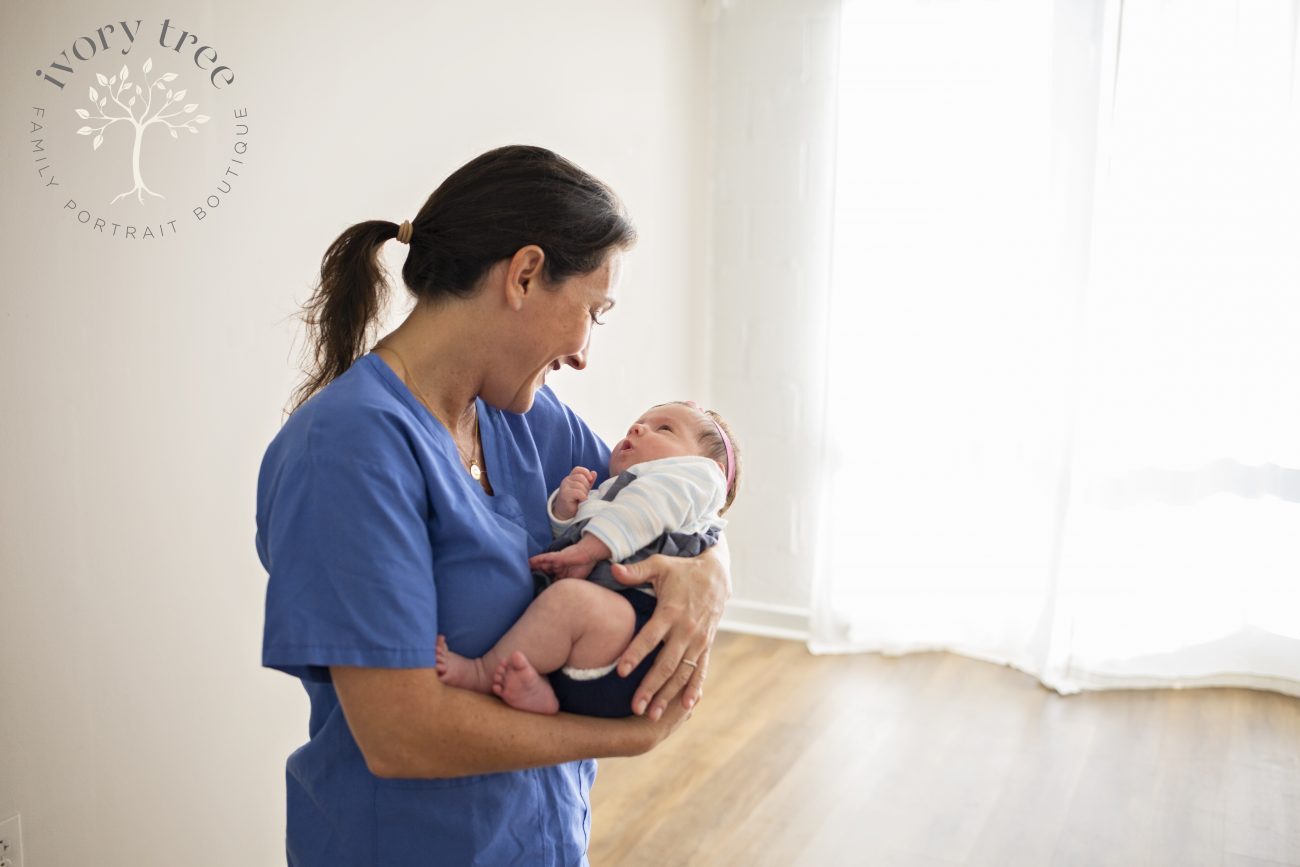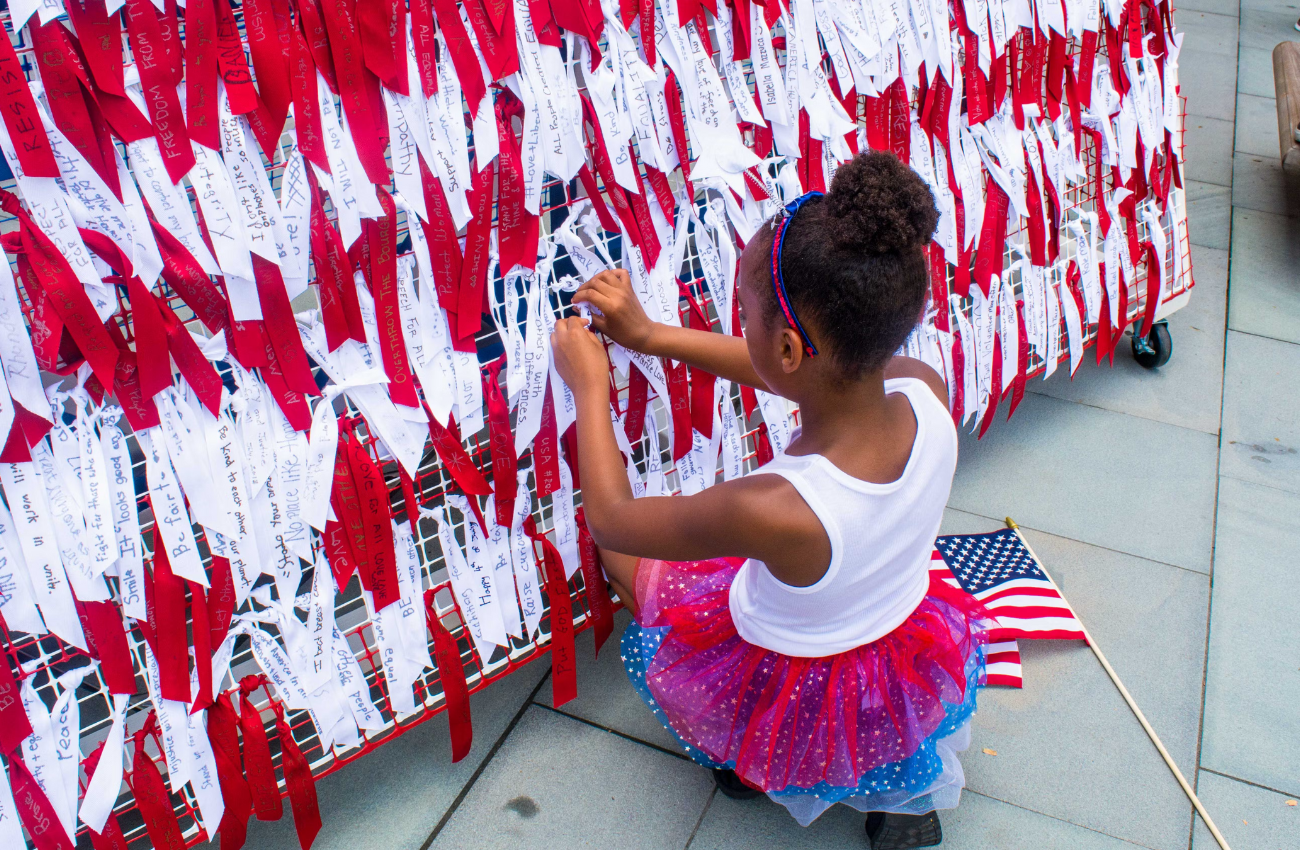Conceiving After 35: Tips from a Fertility Specialist
Conceiving after 35 can come with challenges, but this Main Line Fertility Specialist has tips that may make it easier.

There has been a steady rise in the age of women during her first pregnancy. In fact, approximately 20 percent of women in the United States have their first baby after the age of 35. As a fertility specialist who had her first child at 38 years old, I often get asked about starting a family after the age of 35. Here’s what I tell my patients:

Be proactive: Women shouldn’t wait until they are struggling to conceive to be informed about their fertility. I suggest a woman in her early 30s, regardless of her relationship status, see a reproductive endocrinologist for a reproductive health physical. At that appointment, we would test her ovarian reserve, do an ultrasound of her uterus and ovaries, and discuss the current state of her fertility and future family planning. As with anything in life, the more information you have the better the decisions you can make.
Ask for help: It is usually suggested to try for a year before consulting an infertility specialist, but if you’re over 35 and trying to get pregnant, wait no longer than six months. Time is of the essence.

Be stubborn about your goal, and flexible with your methods: Being a mom is the greatest joy of my life, and if motherhood is important to my patient I encourage her to pursue it wholeheartedly. Sometimes the journey is not the way you imagined it – IVF, donor eggs, the use of a gestational carrier, single parenthood and adoption are more common after the age of 35 – but it’s so worth it in the end.





